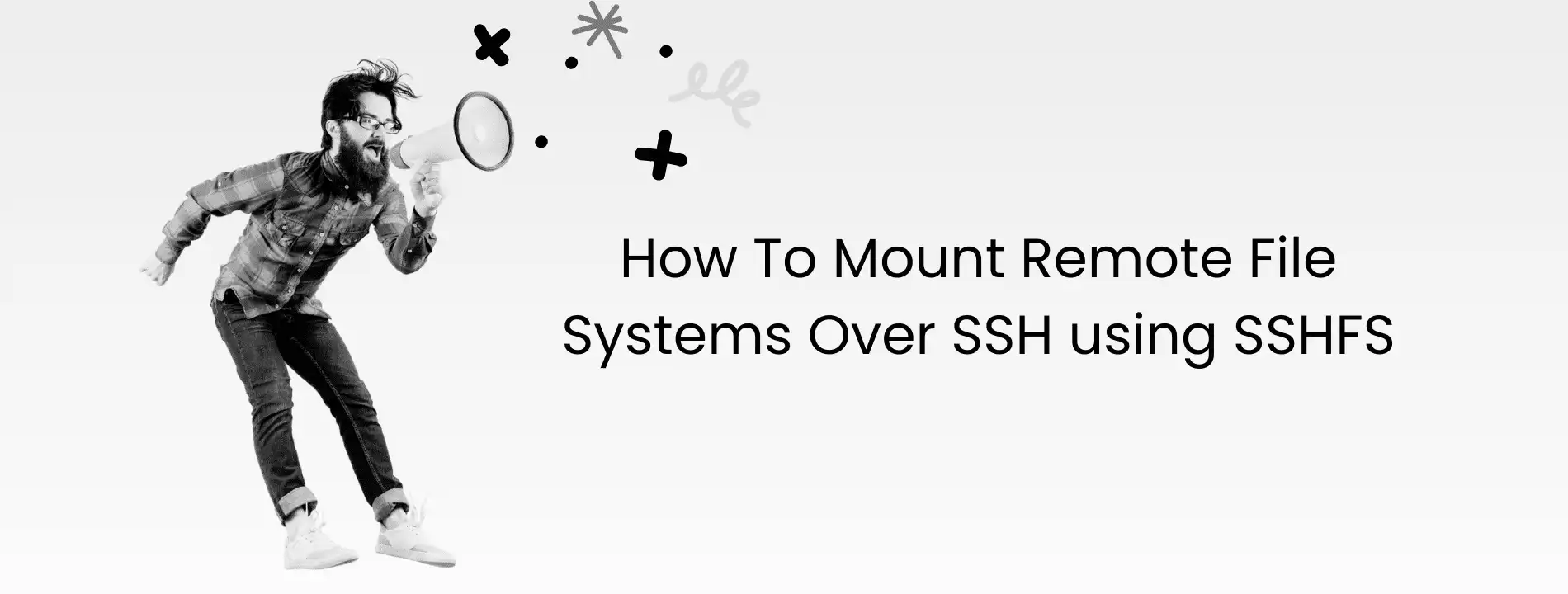When it comes to choosing the right Virtual Private Server (VPS) for your development projects, the debate often boils down to Linux VPS vs Windows VPS. This key decision impacts not only performance and compatibility but also cost-efficiency and long-term scalability.
In this blog, we’ll break down the pros and cons of each option, help you identify which suits your development style, and offer insights into how platforms like Virtarix make the choice easier, whether you’re looking for cheap Linux VPS hosting or the cheapest Windows VPS that still delivers performance.
Why Developers Love Linux VPS Hosting
Linux-based VPS environments are favored by developers for their flexibility, open-source nature, and low cost. Here’s why:
- Open Source = More Control – Linux distributions like Ubuntu, CentOS, and Debian are open-source, meaning you have full access to modify, customize, and optimize your server for specific applications. This is a huge advantage for devs working on complex or resource-sensitive projects.
- Cost-Effective Hosting – Since Linux doesn’t require licensing fees, it naturally leads to cheap Linux VPS hosting options; perfect for developers working on side projects, staging environments, or budget-sensitive startups.
- Ideal for Web Development – If you’re running a LAMP stack (Linux, Apache, MySQL, PHP), Linux is a no-brainer. Most modern frameworks like Node.js, Ruby on Rails, and Python/Django thrive in Linux environments, making it the go-to for full-stack development.
Windows VPS: GUI-Powered Development for Microsoft Devs
While Linux offers freedom, Windows VPS hosting is the better fit for developers building in the Microsoft ecosystem.
- Familiar GUI and RDP Access –For those who prefer graphical interfaces over terminal commands, Windows VPS includes Remote Desktop Protocol (RDP) by default. It’s a plug-and-play environment for developers used to Visual Studio, IIS, and .NET frameworks.
- ASP.NET and MSSQL Compatibility –If your project stack involves ASP.NET, MSSQL, or other Microsoft technologies, Windows VPS offers seamless integration. This makes it the top choice among the best Windows VPS providers for enterprise-grade development.
- Cost Considerations -Unlike Linux, Windows VPS requires licensing fees. However, providers like Virtarix offer competitively priced plans that are among the cheapest Windows VPS options on the market, without sacrificing performance.
Linux VPS vs Windows VPS: Feature Comparison
| Feature | Linux VPS | Windows VPS |
|---|---|---|
| Cost | From $5.50 per month (no licensing fees) View Linux VPS |
From $13.50 per month (includes Windows license) View Windows VPS |
| Control | Full root access, open-source | Limited administrative control due to licensing |
| UI | Command-line interface (CLI), steeper learning curve | Graphical interface with Remote Desktop (RDP) |
| App Compatibility | Supports LAMP stack, Python, Node.js | Supports ASP.NET, MSSQL |
| Performance | Lightweight and efficient | Requires more system resources |
| Ideal For | Developers, open-source projects, Linux environments | Windows-based developers, .NET applications |
Which VPS Should You Choose?
The choice between Linux VPS vs Windows VPS ultimately depends on your development stack and experience level.
When to choose a VDS:
- Choose Linux VPS if you prioritize open-source tools, CLI control, and need a cheap Linux VPS hosting solution for web apps and modern frameworks.
- Choose Windows VPS if your stack includes Microsoft technologies or if you prefer working in a graphical interface.
In the great debate of Linux VPS vs Windows VPS, there’s no one-size-fits-all solution. But by understanding the strengths of each option, and leveraging platforms like Virtarix to host your projects, you’ll position yourself for development success in 2025 and beyond.









